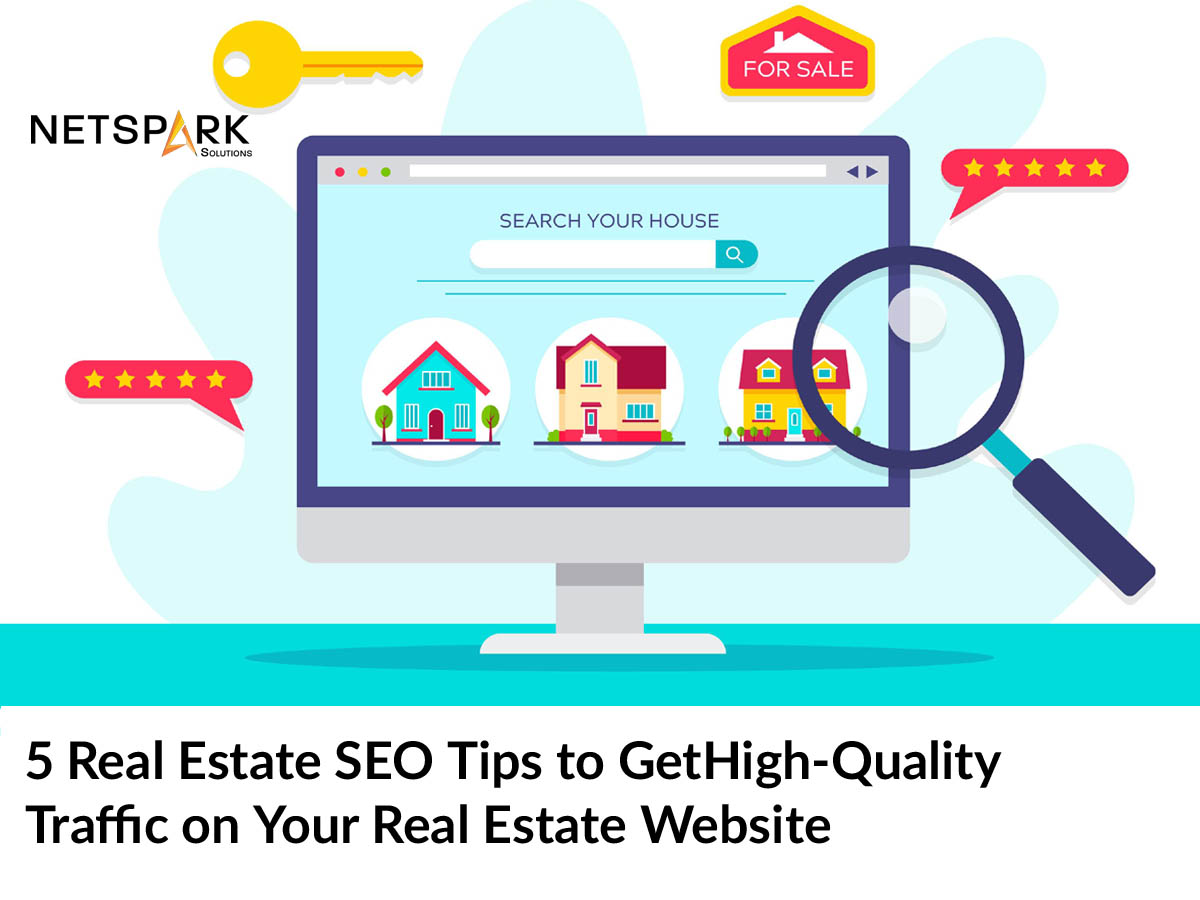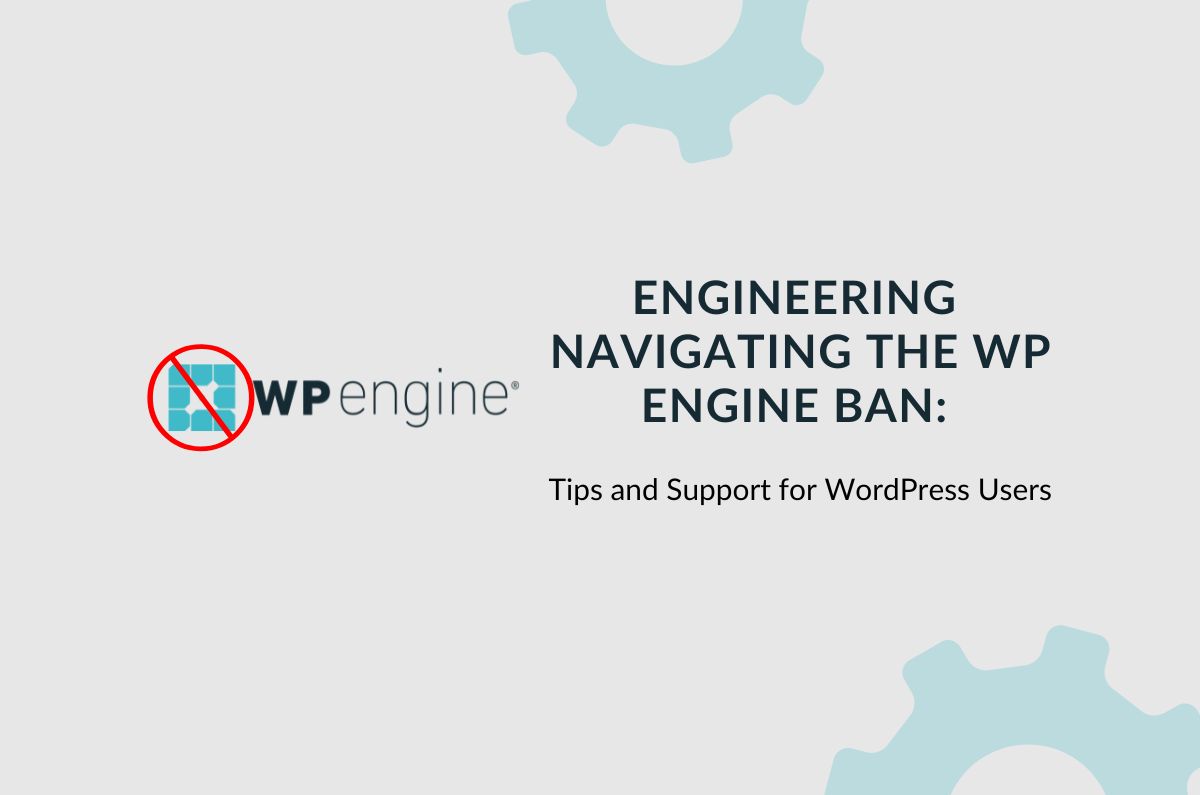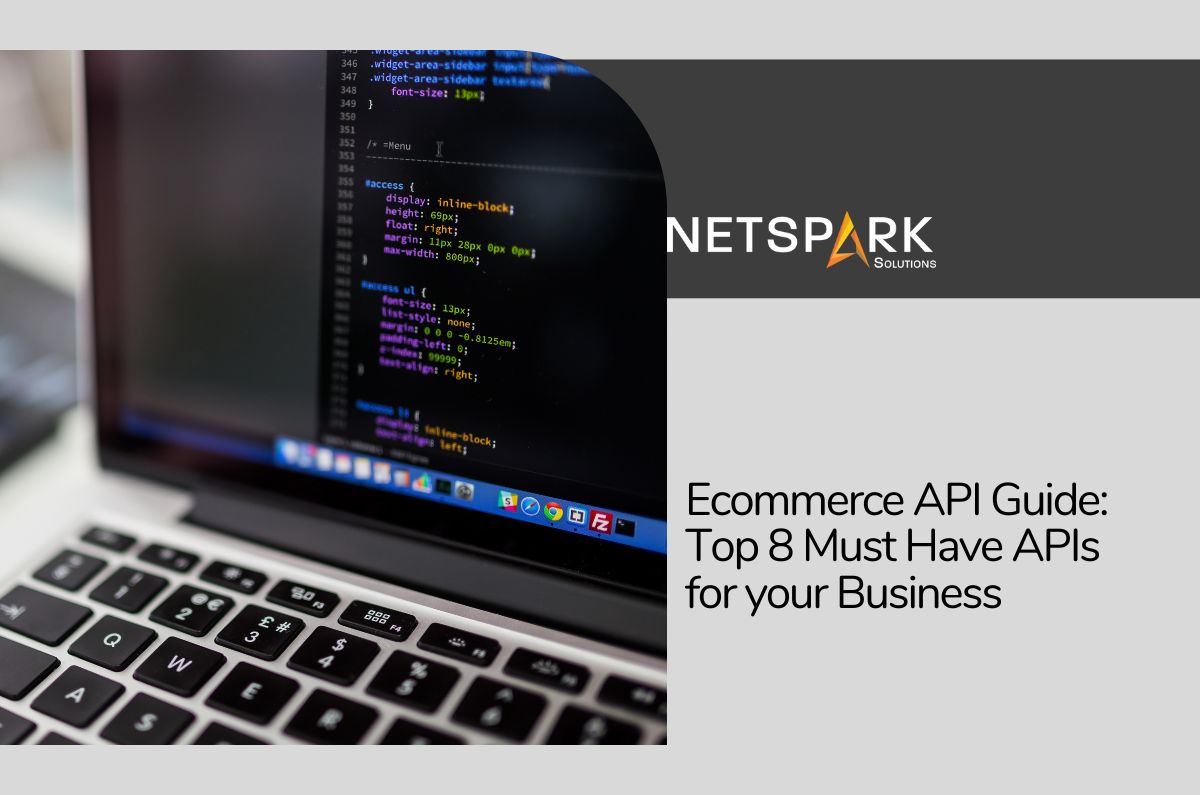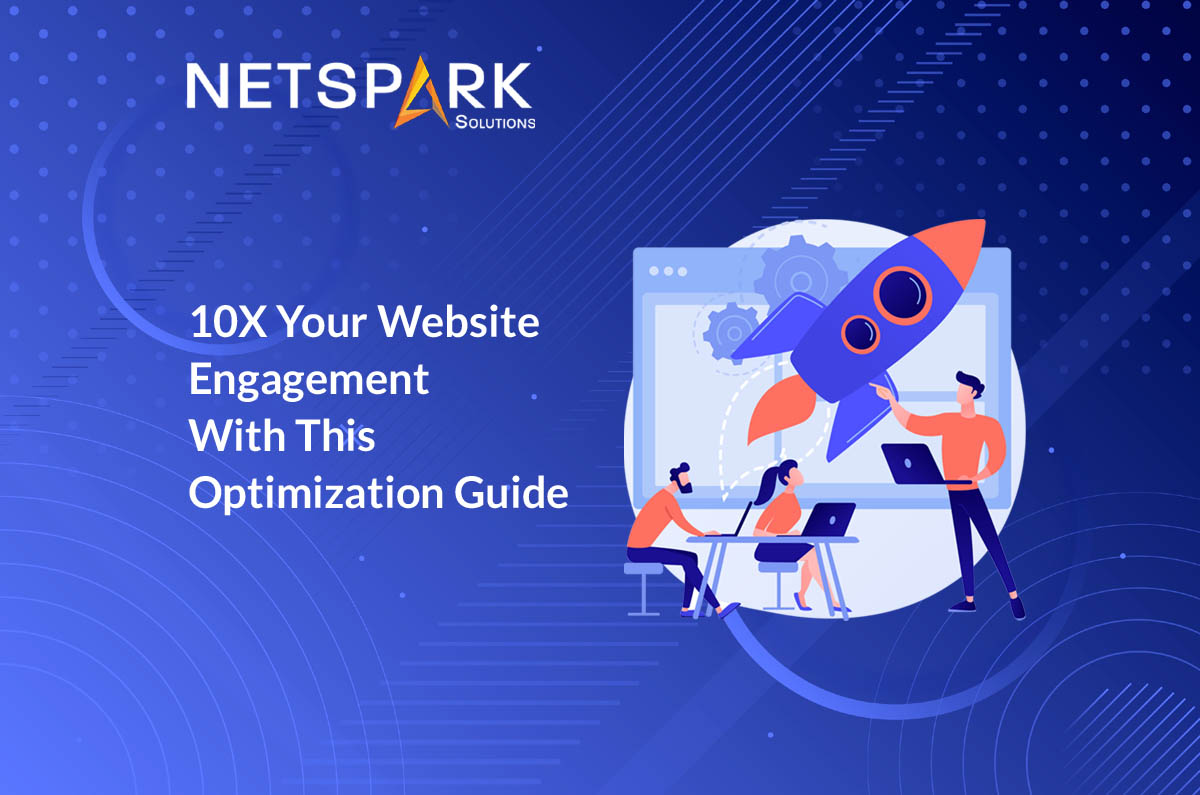6 Real Estate SEO Tips to Get High-Quality Traffic on Your Real Estate Website
Real estate is a highly competitive industry. From realtors working as solopreneurs to large real estate agencies handling multi-million dollar constructions, everyone is trying to establish a name for themselves.
In such a competitive scenario, it’s no secret that all real estate businesses need website traffic and quality leads to sustain consistent growth. One of the ways to drive these leads to your real estate website is SEO. Search Engine Optimization (SEO) will push your website to the top positions of Google SERP and help you drive quality leads organically.
But, what are the best real estate SEO strategies? Should you combine SEO with paid marketing to maximize your growth? Can local SEO help your real estate business grow its market? These are a few queries every real estate owner thinks of while starting with SEO.
If you’re also struggling with these queries, continue reading. In today’s blog, we have put together a list of the top 6 real estate SEO tips that’ll help you drive high-quality traffic to your real estate website.
So, without any further ado, let’s get started.
Why Do Real Estate Businesses Need SEO?
As we mentioned in the beginning, real estate is a highly competitive market and businesses often find it challenging to reach their potential customers.
Of course, a website will give your brand a digital presence and an initial push, but if it’s not optimized for better search engine visibility, you’ll struggle to attract the desired traffic.
With SEO, you’ll be able to make your website comply with Google’s search guidelines and rank higher in search results for the target keywords. Here are some of the advantages of investing in a well-optimized real-estate SEO campaign.
- Secure the top positions of Google SERP and drive organic leads to your website.
- Rank your business in Google’s Map results and attract local traffic
- Generate leads from smartphone users as the majority of customers find realtors, brokers, and property agents using their phones
- Improve your overall conversions and drive a higher revenue
- Boost your brand’s digital presence and stay ahead of the competition more effectively.
6 SEO Tips to Drive High-Quality Traffic to Your Real-Estate Website
1. Run a Comprehensive Website Audit
SEO audit is the first step toward building a successful SEO campaign. Running a site-wide audit will give you an idea about the current SEO performance of your website and validate your future goals as well. It’ll also help you identify top-performing pages and it’ll become easier to curate an SEO strategy for them.
During the SEO audit, your goal should be to evaluate all the areas that require improvement. For example, if the overall usability of your website is not up to the mark, it’ll be crucial to optimize its on-page elements to enhance user-friendliness.
Similarly, if the current backlink profile on your website is poor, it’ll be crucial to acquire backlinks from high-authority websites.
Now, when it comes to auditing your website, you can use different SEO audit tools like Google search console, Ahrefs, SEMRush, etc. All these tools will help you analyze the technical aspects of your website’s current SEO status and plan for the journey ahead.
2. Publish City-Specific Content
Google’s objective with its search engine is to provide the most relevant information to the users. So, if someone searches for “real estate agents in New York”, Google is more likely to choose web pages whose content is structured around New York City.
Instead of publishing vague content on your web pages, try to target specific cities and curate your content for the local customers. Publishing city-specific content will benefit your website in many ways, starting from improving your ranking for local search results to driving traffic that converts.
Some SEO experts even suggest creating individual city pages to target multiple cities. For instance, if you provide real estate services across different counties, you can set up dedicated pages to address the local audience and skyrocket your website’s conversions.
Now, while you’re creating content for dedicated cities, make sure to mention the particular USPs of each city. This will make your content look less robotic and more personalized, which means it’ll be much easier to engage your potential customers.
3. Focus On Local SEO
One of the major elements of real estate SEO is getting listed on local directories and building local citations.
Since your goal is to attract local customers, building local citations will give you the desired exposure from local customers. Moreover, when you list your website on local directories, you’ll be able to stand out from your competitors and reach local clients more effectively.
Start by setting up your Google My Business Page (GMB) because it’s the most popular local directory to drive local traffic. A well-optimized GMB listing will rank your business in Google’s 3-pack results as well. For readers who don’t know, 3-pack results are the three search results Google displays at the top of SERP while ranking local businesses for a search query.
This is what Google’s local pack looks like:
Looking at the above snippet, it’s clear that businesses ranked in the local pack are likely to get the most clicks from users, resulting in better lead generation and improved conversions.
Like Google My Business, you can also list your real estate business across other local directories to gain local exposure. The only thing to keep in mind is to add the same NAP information across all these directories so that your customers can easily locate your brand.
4. Optimize for Mobile Users
Smartphones have become the go-to technical gadget in everyone’s life. People don’t prefer sitting on a desktop for several hours. Instead, they use their smartphones to access the Internet and even find local businesses. That’s why more than half of the Internet traffic (nearly 52%) comes from mobile users.
Mobile-friendliness has become the most significant requirement of an SEO campaign in this smartphone-dominated world. If you want to see your website securing top SERP positions, it would be crucial to optimize it for mobile users.
The easiest way to enhance a website’s mobile-friendliness is by using a responsive theme. Today, the majority of website builders offer pre-designed responsive templates that developers can use to build fully responsive web portals.
These websites are capable of automatically changing their layout based on users’ screen dimensions. It means regardless of the device users use to access these websites, they’ll enjoy a user-friendly experience all the time.
5. Use Social Promotions
Studies show that an average user spends nearly two and half hours on social media. If you’re looking for a full-proof marketing tool, social media is your answer. It’ll not only help you promote your services and reach the target audience, but also establish a strong digital presence for your brand.
With social media marketing, the goal is to pick platforms that’ll give your brand exposure in front of your customers. Once you have finalized the social media platforms, set up your business profiles and start posting content to engage your followers.
Keep in mind that posting videos will make it much easier to engage your social media audience. Why? Because videos are visually more appealing and can grab users’ attention more rapidly. That’s why many social media managers prefer video marketing over conventional content marketing.
6. Prioritize Local Link Building
Link building is not an option if you want to build a successful SEO plan for your business. In fact, quality backlinks can increase your website’s domain authority and make it climb to the top of the search engine more effectively.
However, it’s worth understanding that acquiring backlinks for a real estate business is slightly different from conventional link-building practices. Of course, the goal is to build a strong backlink profile by getting links from high-authority domains.
But, with real estate link building, you should focus on getting these links from local businesses. Why? Because acquiring local backlinks will help you gain exposure from the local customers. It’ll also push your GMB rankings and you’ll be able to establish multiple traffic sources.
Now, when it comes to local link building, you have different avenues to explore. Start by joining hands with local publishers and magazines where you can post a simple press release or a brief article about your brand.
You can also sign up with local directories that cater to your target audience. This will help you grab the attention of local customers and gradually improve your brand visibility.
The Bottom Line
Whether you work as an independent realtor, a property manager, or work at a large-scale real estate company, having an SEO plan will improve your website’s visibility in the search engine. The key is to construct your SEO plan in such a way that you drive highly targeted traffic to the website. The above SEO tactics will kickstart your website’s search engine performance and help you attract organic traffic. Consequently, you’ll be able to generate high-quality leads and boost overall conversions.











